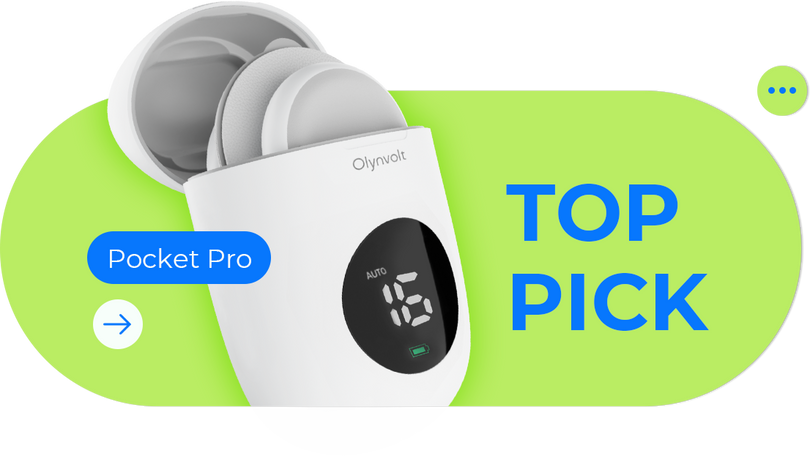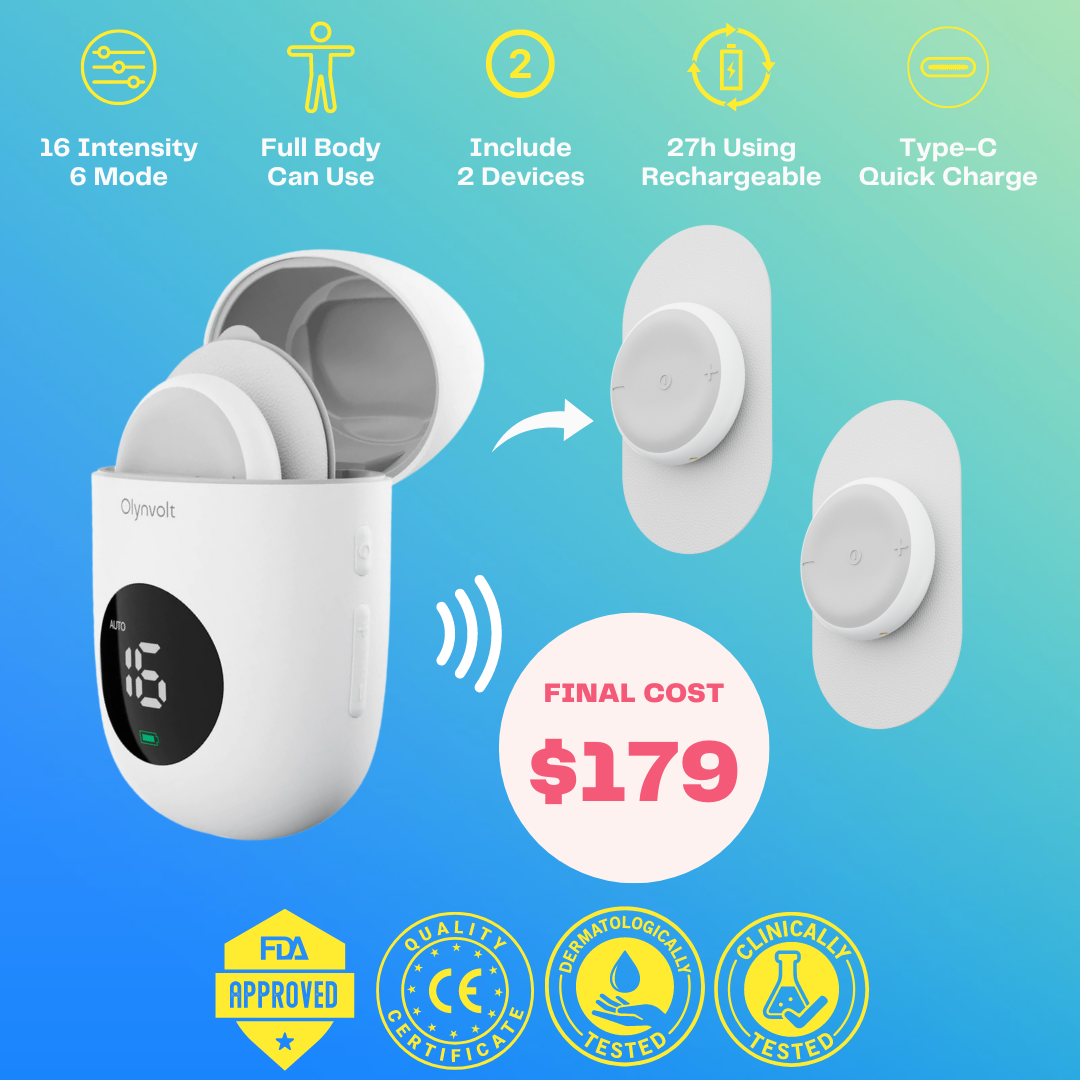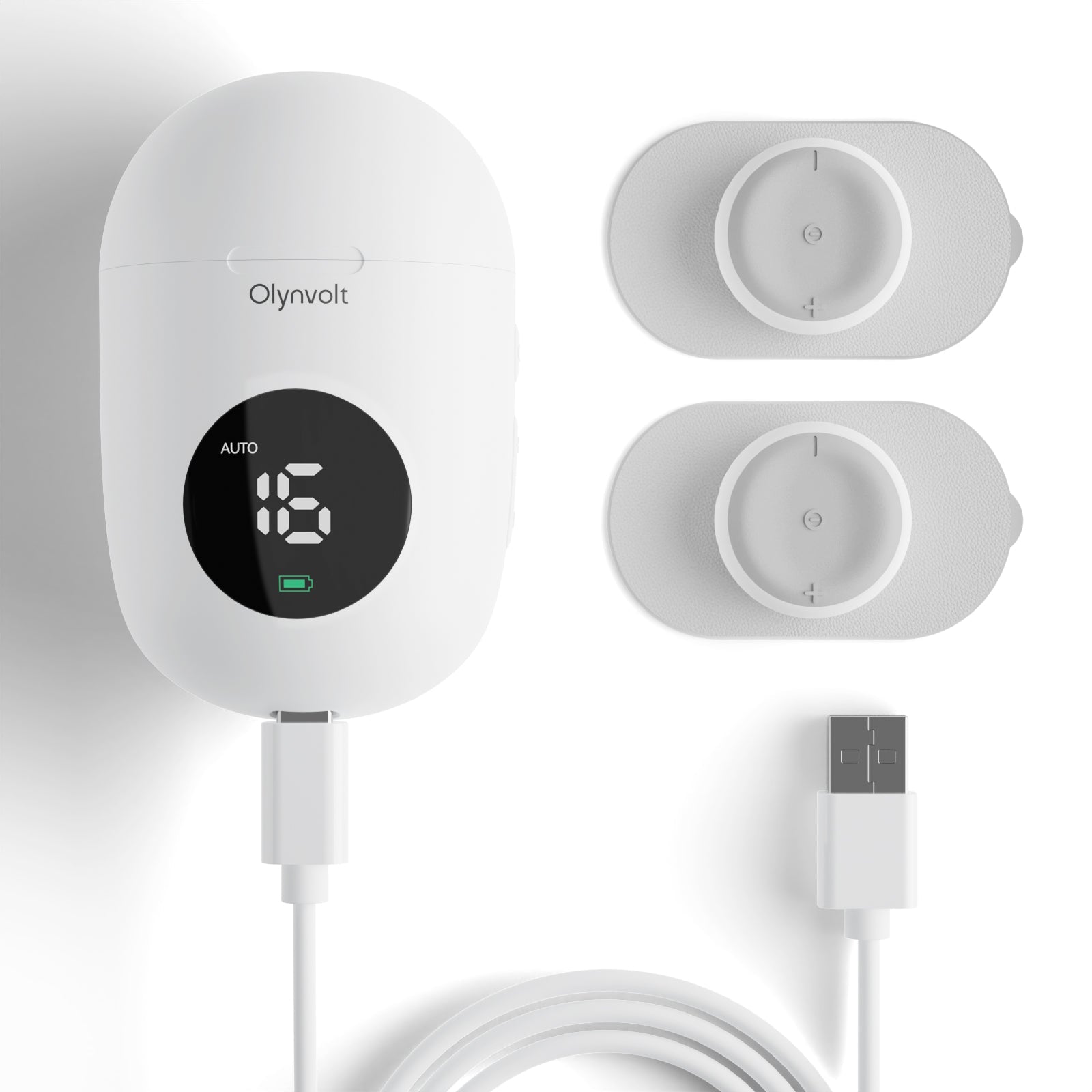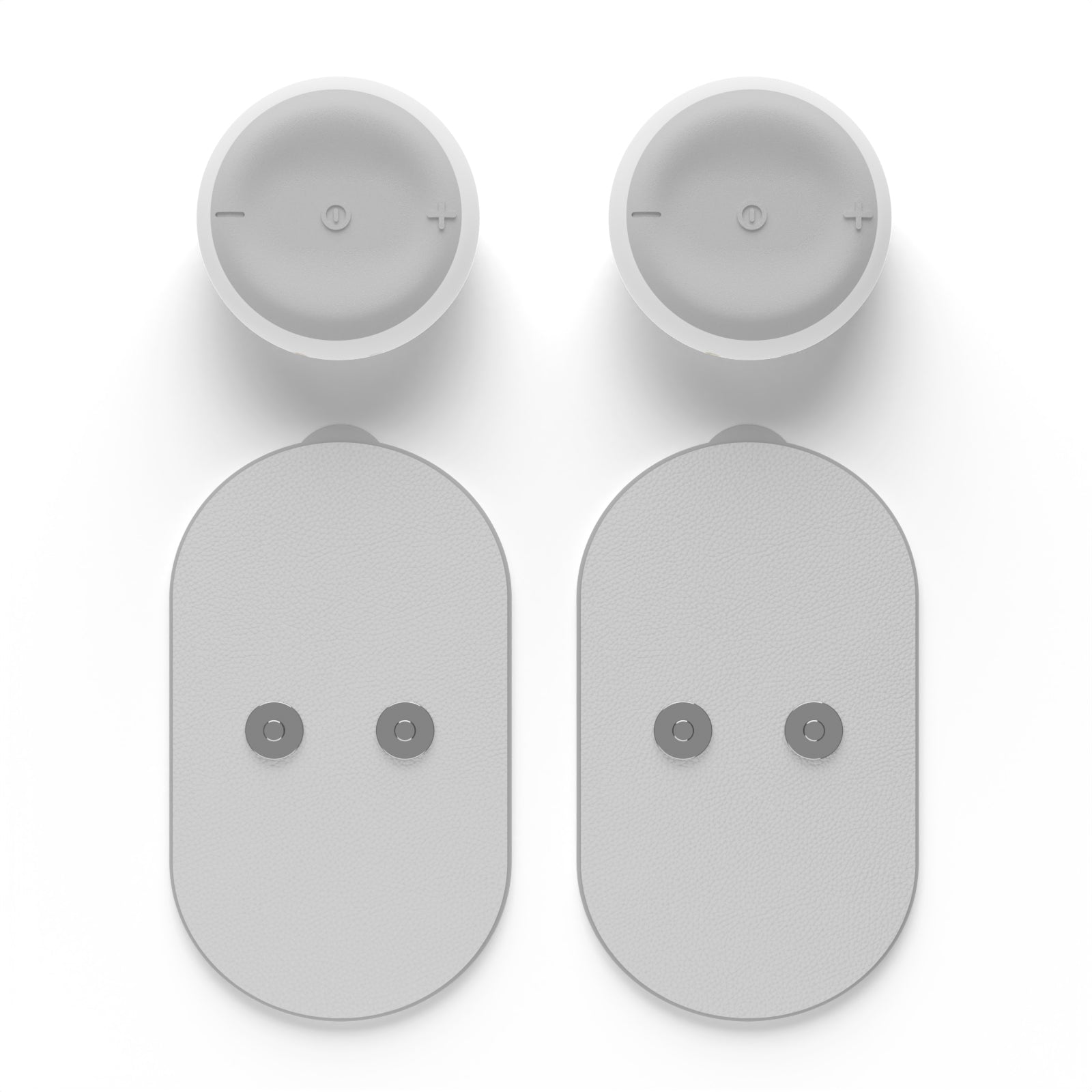1. Clinical Evidence: Numerous clinical studies have evaluated the effectiveness of TENS therapy for chronic pain management. While short-term trials have demonstrated immediate pain relief, long-term assessments provide valuable insights into sustained outcomes. Evidence suggests that TENS therapy can offer lasting benefits for individuals with neuropathic pain, musculoskeletal disorders, and other chronic pain syndromes.
2. Mechanisms of Action: TENS units deliver electrical impulses to nerve fibers, modulating pain signals and triggering the release of endogenous opioids. Over time, repeated TENS stimulation can induce neuroplastic changes within the central nervous system, leading to enhanced pain tolerance and reduced sensitivity to nociceptive stimuli. This neuroadaptive process contributes to the long-term efficacy of TENS therapy in pain management.
3. Patient Adherence and Compliance: Patient adherence plays a crucial role in achieving long-term treatment success with TENS units. Education and training on proper device usage, electrode placement, and stimulation parameters are essential for optimizing therapeutic outcomes. Encouraging patients to integrate TENS sessions into their daily routines and addressing any concerns or misconceptions can enhance treatment compliance and efficacy.
4. Tailored Treatment Plans: Individualized treatment plans are paramount in maximizing the efficacy of TENS therapy. Healthcare providers should assess patients' pain profiles, medical histories, and treatment goals to develop personalized treatment protocols. Adjustments to stimulation parameters, electrode placements, and session durations may be necessary to optimize pain relief and minimize adverse effects over time.
5. Multimodal Approach: In many cases, TENS therapy is integrated into multimodal pain management strategies that encompass pharmacological, physical, and psychological interventions. By combining TENS with complementary modalities such as physical therapy, cognitive-behavioral therapy, and medication management, clinicians can address the multifaceted nature of chronic pain and improve overall treatment outcomes.
6. Patient Education and Empowerment: Empowering patients with knowledge and self-management skills is key to sustaining the benefits of TENS therapy over the long term. Providing educational resources, self-care strategies, and ongoing support enables patients to actively participate in their pain management journey and fosters a sense of control over their symptoms.
Conclusion: In summary, the long-term efficacy of TENS units in pain management relies on a comprehensive approach that encompasses evidence-based practice, patient-centered care, and continuous evaluation. By leveraging the therapeutic potential of TENS therapy and addressing individual patient needs, healthcare professionals can optimize treatment outcomes and improve the quality of life for individuals living with chronic pain.
Disclaimer: The information provided herein is for educational purposes only and should not be construed as medical advice. Patients are encouraged to consult with qualified healthcare professionals for personalized diagnosis and treatment recommendations.









